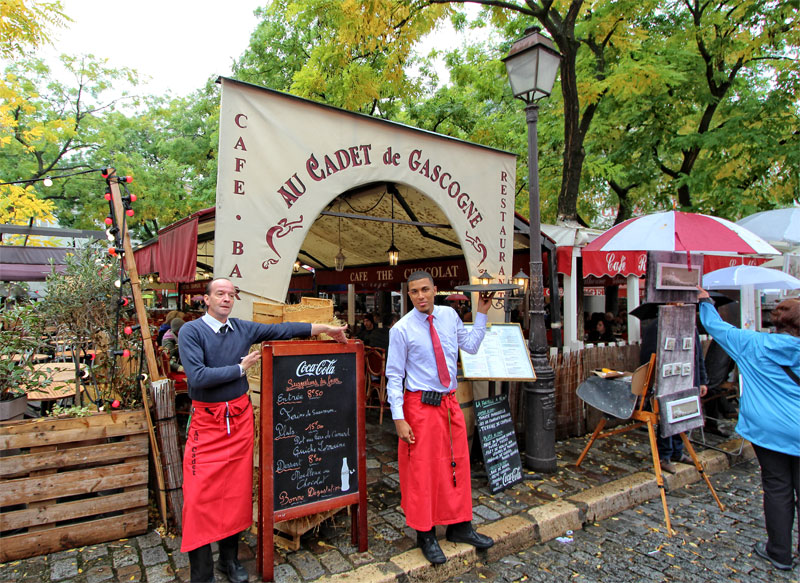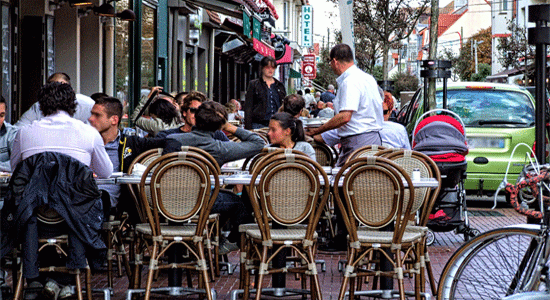Even for the most qualified applicants, finding a job in France for an expat has never been harder than in these days of recession hit Europe.
One American expat we know told told us that she had sent her CV out to more than 250 companies – she did not hear back from a single one – until she found out that there is a “European style of CV” she should have used, and she discovered the she needed to include a letter of motivation…
Top tips for finding a job in France
1. Learn French: Start before you go to France don’t wait until you arrive. Without knowing the language fluently you are severely limiting your employment options and won’t even get through the door of most if not all French companies.
2. Consider where you are going to move to and live in France as a place of potential employment– or turn that on its head and consider where you are going to work and then move to that area. You are more likely to get work in a city or large town than in the countryside, particularly if you live in a region with an established industry or companies known to be hiring. Big cities will often have an international company presence that may be worth looking into. Scour the internet for news of big companies with a hiring programme.
3. Check newspapers in your country for job vacancies in France. For instance in the UK, The Lady magazine has domestic or catering jobs and The International Herald Tribune often advertises management jobs. Also read a French newspaper to keep up with news and find out which international companies are opening branches or hiring in France. (Le Figaro and Le Monde are good for this).
4. Make sure your CV is up to date and publish it on websites that offer work such as Craig’s List. There is a “European-style” CV which you should use and which may include information that in some countries is not considered appropriate though this is changing. Some companies may ask for details of “family situation”, age and date of birth, nationality, marital status and number of children. You must confirm that you have a Visa that authorises you to work in France if applicable (eg non-European). See How to create the perfect French CV.
5. Write a “Letter of Motivation” with your job application. This is common practice in France and shows that you know how the job market works. Your letter should be tailored to the specific job and needs to be incredibly formal. See our feature on how to write a letter of motivation.
6. Sites like Stepstone and Overseas Digest might be useful as they offer advice and advertise a wide variety of job vacancies in France. Another website in France is Monster.fr – a French employment website widely used by jobseekers.
See our full list of top sites and resources for job searches in France
7. The UK National Careers Service Government advisory service has some useful information for Britons planning to work in France. The American University in Paris may be useful for finding academic jobs in Paris.
8. Visit your local Pole Emploi – the French jobs agency. They are often very helpful and have a directory of jobs which you can review without registering. They can also help with applications and many other aspects of job hunting in France.
9. You might consider work in France schemes for board and lodging such as Workaway or Trusted House Sitters. You are unlikely to receive payment (unless you do more than house sit) but you won’t have any rent to pay out.
10. Set up your own business in France – this is what many expats do. From gite owners, to artists, craftspeople, inventors, IT experts, authors, artisans. Some people set up a business doing what they know, others start a whole fresh career. When Nick and Judy Gifford from the UK gave up careers in the film and TV industry to move to France for a better quality of life, they had no idea that just a few years later they would become artisan jam makers whose delicious produce is served in top hotels and restaurants around the world (Read Nick and Judy’s story : The Artisan Jam makers).










